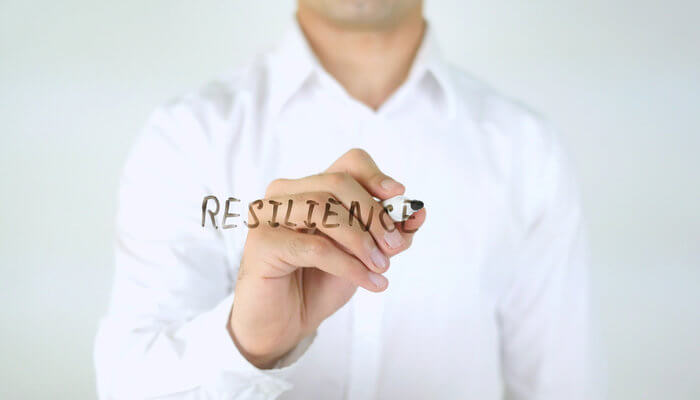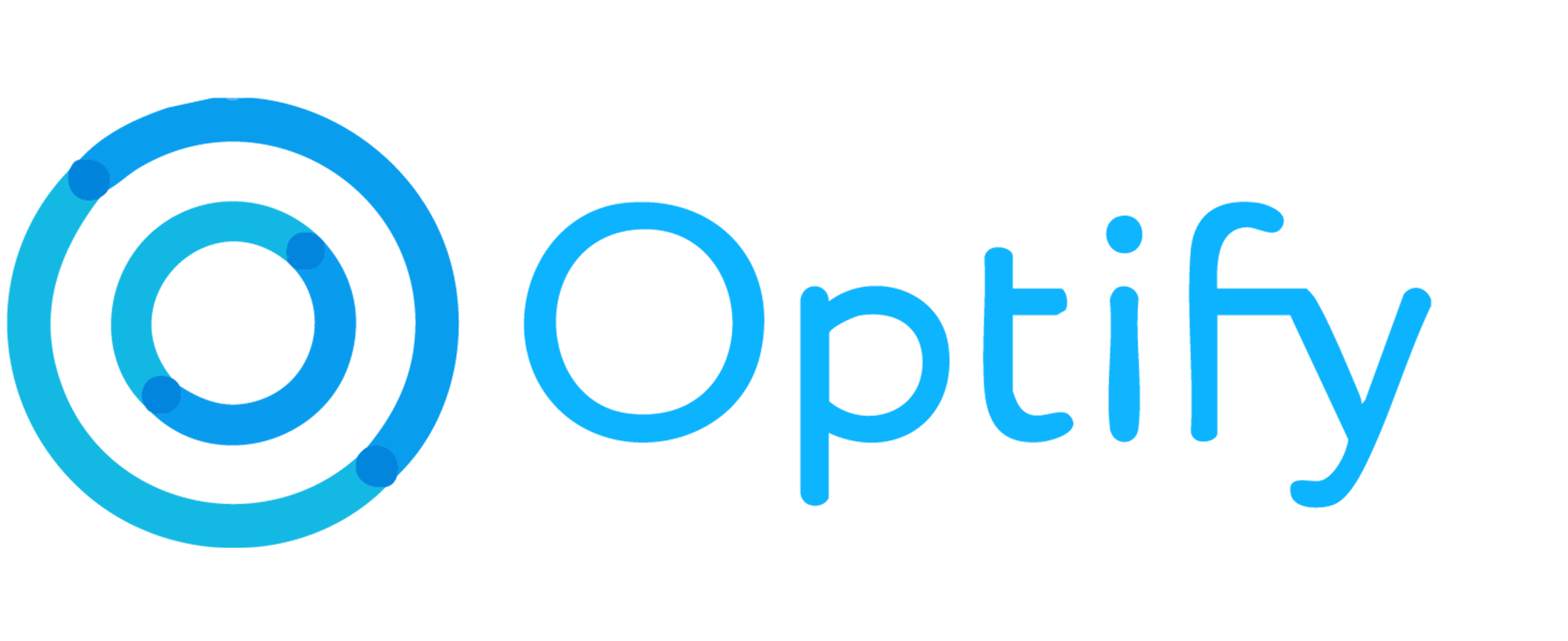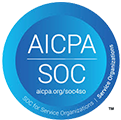
SuperTap your Creative Resilience to Lead in Uncertainty
“When we flex the muscle of creativity, particularly under duress, we develop the resilience necessary to lead both ourselves and others, even in uncertain times.”
About once a week, my household has what we call a “Scrounge Night” dinner. Perhaps you’re familiar with the concept: that moment you realize that your menu of planned meals has come to its natural end and your grocery supplies have dwindled into condiments and misfit vegetables.
On Scrounge Night, the bleak and sometimes bizarre contents of your fridge constitute a choice – cut your losses and create, or get stuck and go hungry. In the absence of a pre-established plan, our capacity – or incapacity – for adaptation determines how we perceive our options. We can meet uncertainty either with resilience and creativity or with reactivity and apprehension.
The same idea applies to business practice, where leaders and teams are confronted daily with challenges that require conscious flexibility. In fact, there is no better example of a universal Scrounge Night scenario than the current global pandemic.
Earlier this year, we opened our fridges, so to speak, to find our familiar life ingredients replaced with masks, sanitizer, and distancing protocols that made most traditional office work untenable. An onslaught of rapid and unforeseen change took place almost overnight. The boundaries between work and home dissolved as all communications became remote, prompting software crashes and heightened security concerns. Parents found themselves juggling work and their children’s learning from home, and new phrases like “Zoom Fatigue” were born.
It is no surprise that this pandemic has revealed the cracks in our foundations. From a young age, we are taught to fear and, to the best of our ability, eliminate uncertainty in our lives. Citing a psychological study, The Atlantic reports that most people would much rather “get an electric shock now than maybe be shocked later”. As a species, we are preoccupied, even obsessed with planning in a bid to control results and outcomes – and most of all, to control anticipated suffering.
While planning is certainly an essential function of business and everyday life, the chaos and disruption caused by the pandemic at all levels of our society begs the question: is there a better way for us to adapt to the certainty of uncertainty, and if so, how?
My answer lies at the heart of the Scrounge Night mantra: when the pickings are slim, you get creative. When we flex the muscle of creativity, particularly under duress, we develop the resilience necessary to lead both ourselves and others, even in uncertain times.
How Can I Develop Creative Resilience?
As leaders, we know that it is our responsibility to have vision, a GPS to get our teams where they need to go. When our ability to clearly see and assess a situation is obscured or jeopardized by circumstances outside of our control, we can feel threatened or, at the very least, deeply uncomfortable.
Often, our first response to discomfort is to retreat, either by ignoring the reality of the situation or by distancing ourselves from it. While understandable, retreat can prevent us from exposing ourselves to transformative change; the kind of personal evolution that strengthens our self-knowledge and our capacity to be creative so that we can execute with confidence. As both a mindfulness practitioner and leadership coach, my work with clients frequently includes helping them to identify and push beyond their edges of discomfort.
In a study published by Harvard Business Review, professor of innovation and strategy Nathan Furr writes that “although part of our capacity to deal with the unknown is innate, a larger portion is learned. Those who develop this ‘uncertainty capability’ are more creative, more successful, and better able to turn uncertainty into possibility.” As the study indicates, even if tolerance for discomfort isn’t something we inherently possess, it can be learned. Here’s how.
1. Cultivate self-awareness: Our first and most important responsibility as leaders is to know ourselves. If we can’t understand our own proclivities, fears, stumbling blocks, and strengths, how can we be expected to manage these same traits in other people? Take time to reflect on what makes you uncomfortable or reactive. Can you pinpoint the sources of your discomfort and locate what drives them? Engaging a leadership coach to facilitate this inquiry can accelerate self-discovery, which is vital to our growth.
2. Take conscious action: As you build self-awareness, begin to expand your tolerance for discomfort by exposing yourself to it, gradually and with intention. A good way to begin is to choose low-risk situations that feel doable. Choosing to take one small, productive – yet uncomfortable – action per week is a genuine and steady way to build confidence and increase your tolerance for uncertainty.
3. Build an appreciation for your flexibility and innovation: As your capacity for acting in the face of discomfort takes shape, begin to frame it as an appreciation. Every time you grapple with or manage your discomfort, use your lens of self-awareness and appreciation to recognize your progress and identify additional opportunities for creativity. Psychologist Matt Walker writes that “adventure is defined by uncertain outcome.” As we become more comfortable with the reality of uncertainty and the feelings it stirs in us, there is space to discover a sense of playfulness, which helps us not take ourselves too seriously. A simple shift in perspective can be the difference between being paralyzed by fear and using your sense of discomfort as a starting point to inspire a solution.
Conclusion:
A well-cooked meal has a formula. When we make our favorite dish or order from a beloved restaurant, we know what to expect. We have an idea of– or even know – what the food will look like on the plate. There is a certainty, and by extension, a comfort in realizing the expected result.
Scrounge Night requires that we do away with any preconceived notions of what dinner should look like and instead imagine what it could look like. Preparing for a Scrounge Night dinner, I ask myself: what can I make with what’s in front of me, where can I improvise, how can I translate these disparate ingredients into something cohesive, even joyful? It’s not a recipe that guides me as I cook, but a confidence that I have improvised well before and a curiosity about which choices might yield tonight’s new and exciting outcome.
Creative resilience is knowing that while the final result may yet be undetermined, the presence of uncertainty doesn’t have to come at the sacrifice of vision or enjoyment.
It’s okay to say, “I may not have everything I need.” To move forward in times like these, we have to accept the inevitability of uncertainty and respect our discomfort when it surfaces – feel it, and acknowledge that it’s there. The next step? Open the fridge, meet our ingredients with gratitude, and get cooking.




